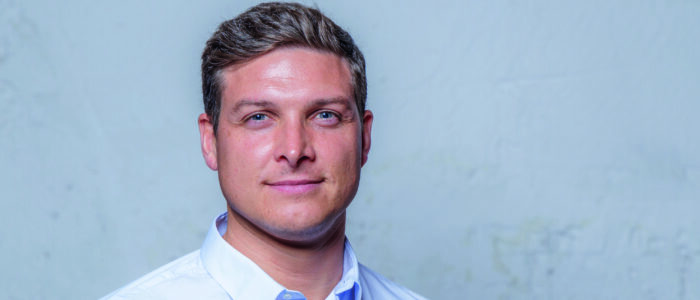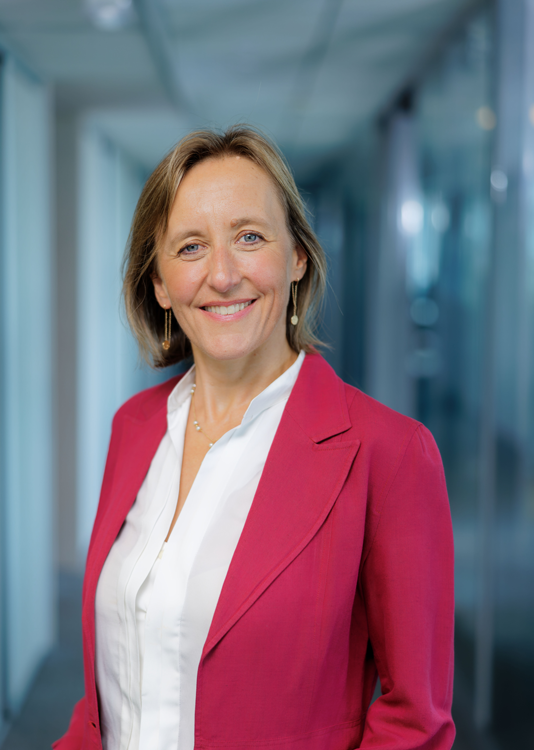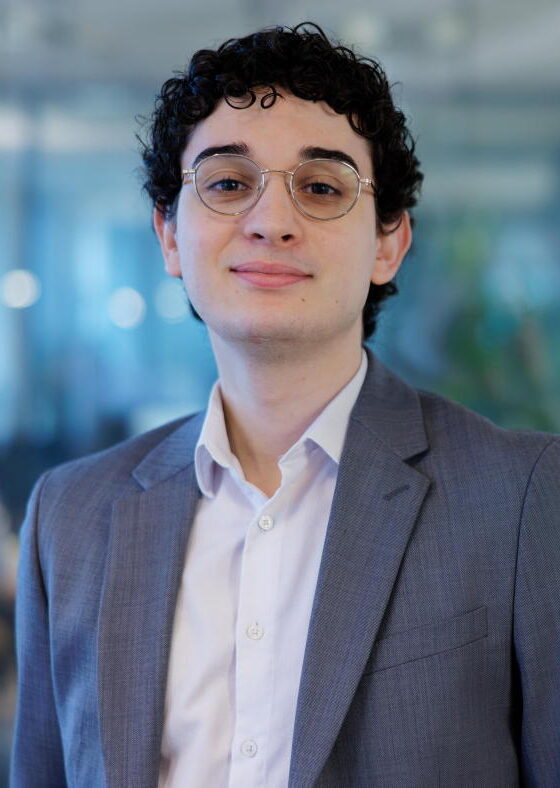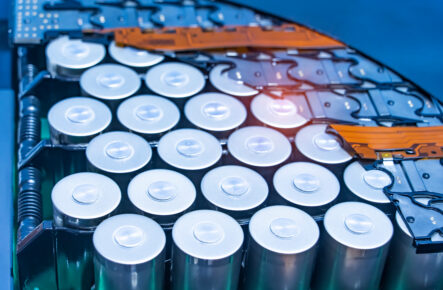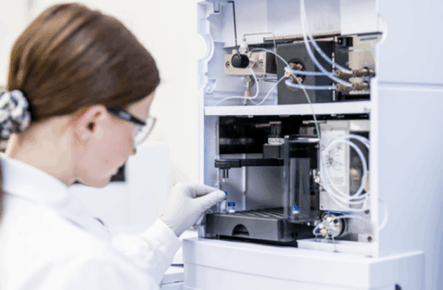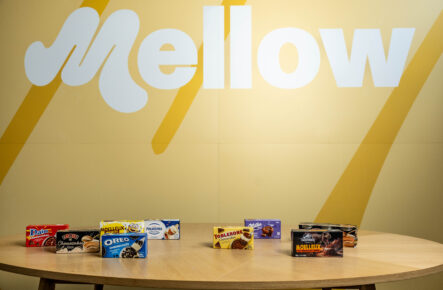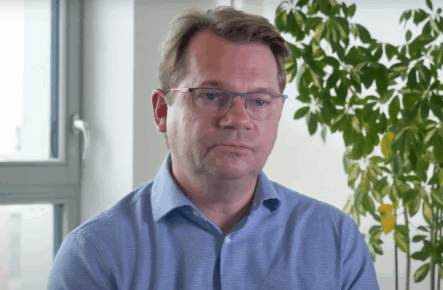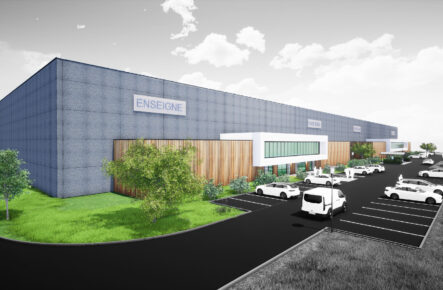We are now working towards achieving 100% recovery of our food waste.
The modernization of our sites also involves the complete digitization of our work organization, with paper having almost entirely disappeared.
We are also considering new measures to minimize our heat production and use electricity rather than natural gas in order to further reduce our impact.
The second phase of our investment plan should enable us to reduce our water consumption per ton produced on site by 30% thanks to a treated wastewater reuse system (REUT)1 at our wastewater treatment plant outlet.
We have also optimized our supply and distribution logistics chains, based on a short-chain approach, thanks to the proximity of our farmers.
Overall, our goal is to make investments that have a positive impact on the environment.
1 REUT refers to the “secondary use” of treated wastewater, with the water quality level required for this new use, as defined by regulations.


